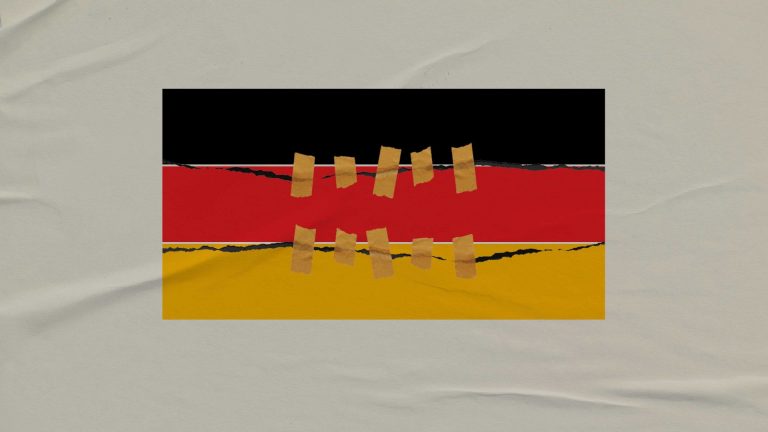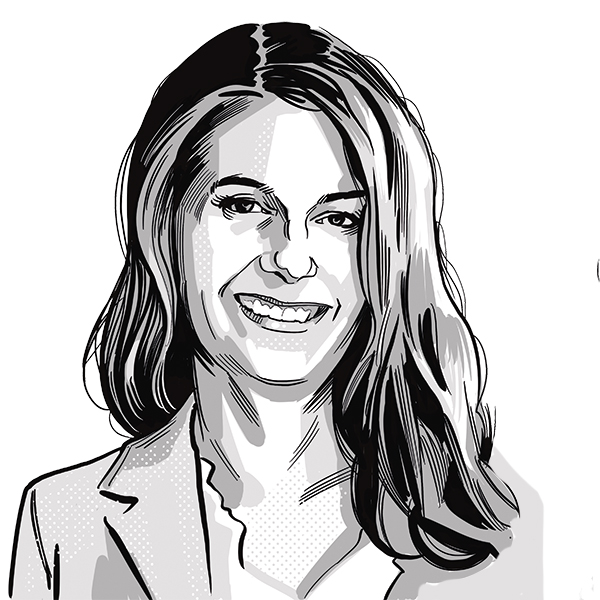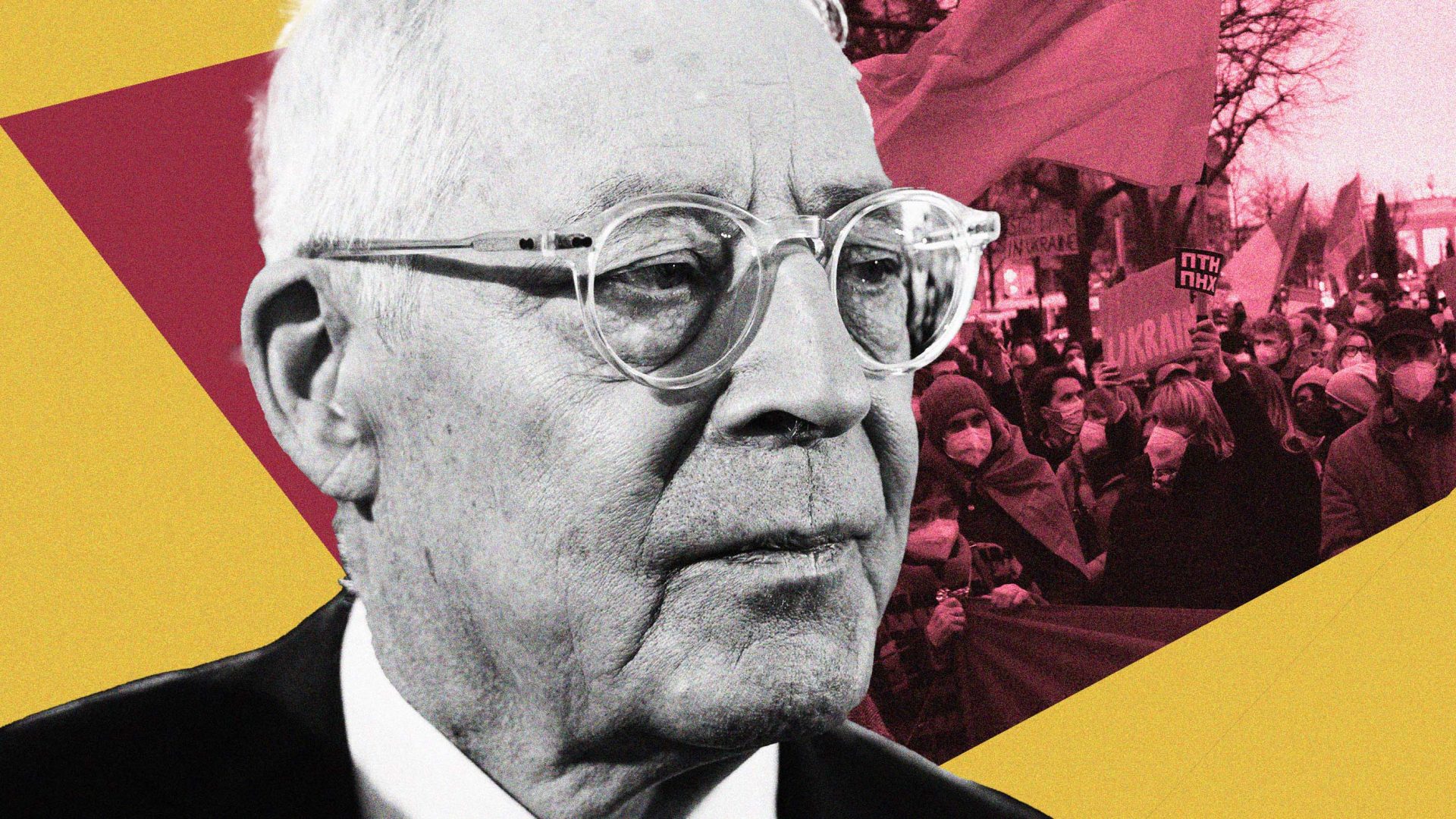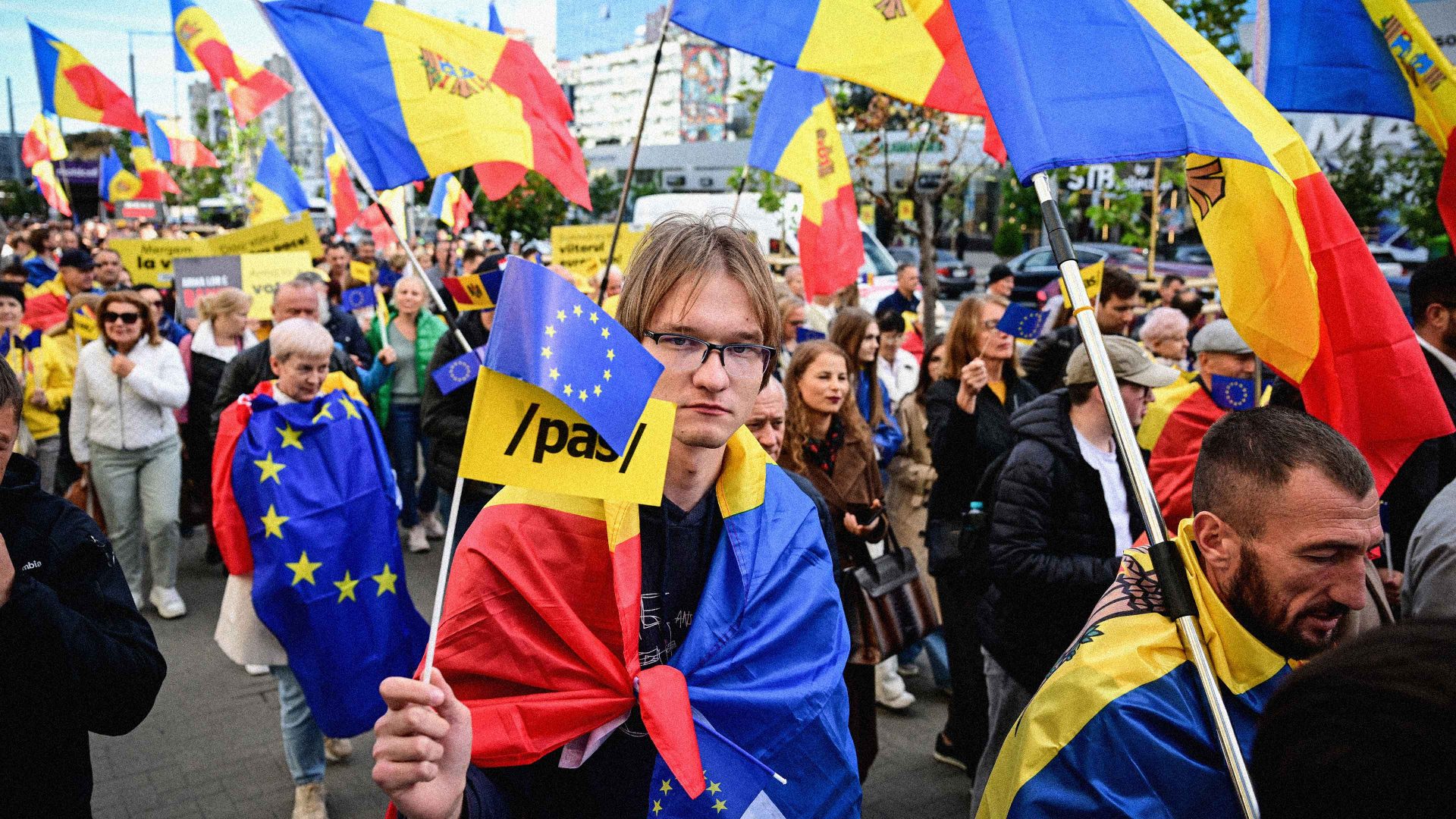If you’ve never experienced war, peace all too easily becomes something you take for granted. All the more important, then, are those who work to strengthen this fragile normality. This week, two such people come to mind.
One is Sofia Corradi. The professor of education has died at the age of 91, in her native Rome. Her name may be little known, but her invention is famous across the continent. The academic was nicknamed “Mamma Erasmus”.
Corradi, frustrated that Italy refused to recognise the master’s degree in law she had earned at Columbia University, set out to create the European university exchange programme – one of the great collateral losses of Brexit. Today, under the name Erasmus+, it also enables apprentices to work abroad.
My year in Paris in 1998 makes me one of around 16 million Europeans who have taken part since 1987, discovering foreign countries and cultures, making friends, partying – and more: I have a godson in Copenhagen whose parents would never have met were it not for Danish students spending a semester at Tübingen University.
Corradi once described Erasmus as her “personal pacifist mission” – it’s her life’s work, and it will live on.
The historian and author Karl Schlögel does not belong to the Erasmus generation. He sought to live beyond borders all the same.
The 77-year-old grew up as a farmer’s son in Bavaria’s Allgäu region. One of his teachers was a former prisoner of war who had survived Soviet captivity only thanks to the kindness of local people. It was through him that Schlögel learned Russian and then travelled to Russia and Czechoslovakia, witnessed the Prague Spring firsthand, went on to study Eastern European history, and married a Russian writer.
This week, the traveller between east and west received one of Germany’s most prestigious awards – the Friedenspreis des Deutschen Buchhandels, the Peace Prize of the German book trade. It is traditionally awarded in Frankfurt’s Paulskirche, the “Cradle of German Democracy”, where our first freely elected parliament met in 1848.
In her tribute, Kyiv-born writer Katja Petrowskaja recalled meeting Schlögel at a Berlin protest in 2022, just days after Russia’s invasion, wrapped in a Ukrainian flag and crying: “Your public despair helped us greatly back then, as did your ability to stand up again and carry on, despite everything. We knew: we are not alone.”
Schlögel then held a mirror up to German society. Our generation, he said, “accustomed to, and even spoiled by, times of relative peace” has been “enormously lucky – and now finds it incredibly difficult to let go of its preconceptions and adjust to the war in Europe, with all that it entails.”
In his speech, Schlögel noted that there were many Russlandversteher – individuals who claim to understand Russia’s viewpoint – “but too few who actually understood anything about Russia itself”. The categories used to make sense of Vladimir Putin’s empire, he argued, were largely “wishful thinking and credulity – rather than the courage to admit we were no match for this figure of evil, or whatever term may yet emerge for this tyrant”.
It had been more comfortable, he said, “to blame Nato or even the collective west” – as too many prominent Germans still do – and to seek deeper rationale for Putin’s actions: “humiliation of the former superpower, fear of encirclement, a desire for security, or a struggle for recognition”. When in truth Putin was a “master of escalation dominance” with fear as his most powerful weapon and “the management of fear his true talent”.
Suggested Reading


Is AfD tearing Germany apart?
Russia, Schlögel reminded us, wages this war not only with military means but also “as a war for hearts and minds – through emotions, fears, resentments, and the seductive promise of a return to ‘business as usual’.”
His call to action? “We should learn from the Ukrainians”, who “cannot afford illusions. They refuse to be victims, they defend themselves.” They teach Europeans what awaits “if they don’t finally prepare for the worst”. And they show “that giving in to the aggressor only whets his appetite – appeasement… paves the way to war”.
It is astonishing, Schlögel said, how long “it has taken Germany to recognise the true nature of Putin’s Russia”. Whatever the reason – “historical path dependence, cultural affinity, nostalgia and sentimentality, economic interests, even corruption” – German-Russian relations, he concluded, are overdue for historical clarification and a reckoning from which no one will emerge clean.




